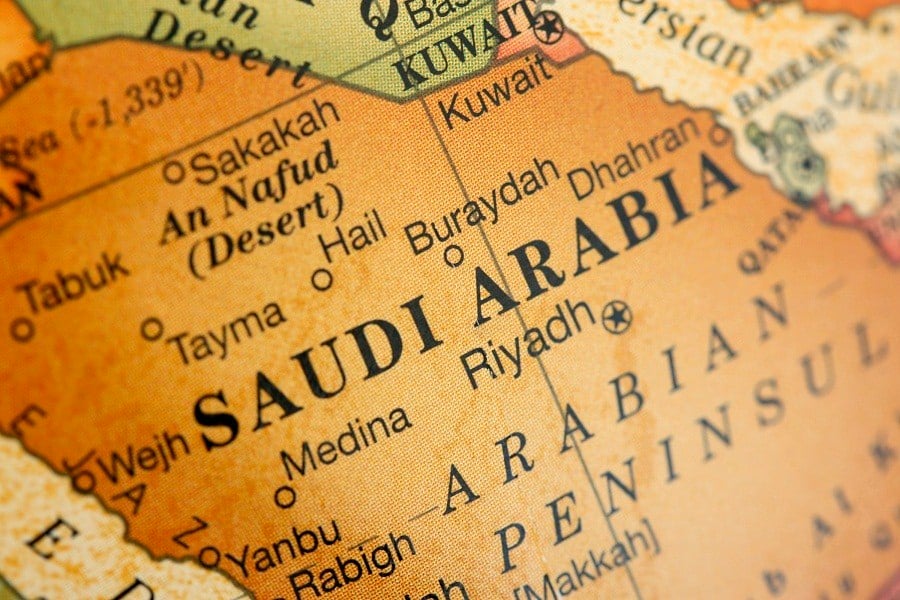With the Saudi Arabian stock market opening to foreign investors for the first time on Monday, it shouldn't be long before investors can start gaining exposure to the largest economy in the Middle East through some exchange-traded funds.
The earliest and most likely access point will be through inclusion in the MSCI Emerging Markets Index, according to Todd Rosenbluth, director of mutual fund and ETF research at S&P Capital IQ.
Mr. Rosenbluth expects the index to start including Saudi Arabia next year, which will give the market a relatively small weight in the popular $30 billion iShares MSCI Emerging Markets ETF (EEM) and $7.6 billion iShares Core MSCI Emerging Markets ETF (IEMG).
In November, BlackRock Inc. filed with the Securities and Exchange Commission for an iShares MSCI Capped Saudi Arabia ETF, but that fund has not yet been launched. BlackRock did not immediately respond to request for comment about the ETF.
Other
ETFs expected to start including exposure to Saudi Arabia include $16.7 million Market Vectors Gulf States Index (MES), and $32.5 million Wisdom Tree Middle East Dividend Fund (GULF).
At nearly $600 billion,
the Saudi stock market is the largest stock market in the Middle East, but it is still small compared to major emerging-markets components, including China, India and Taiwan, and therefore would be a relatively minor piece of a general index.
Mr. Rosenbluth said the Saudi market does not have a long public history, but is up 15.7% so far this year.
By comparison, the iShares MSCI Emerging-Markets ETF is up 2.4% this year, the MSCI EAFE Index is up 8.2%, and the S&P 500 is up 2.7%.
“The Middle East and Africa is one region that has relatively high reward but also incurs risk as the companies there are less proven,” Mr. Rosenbluth said. “Rather than trying to find individual companies, the country-focused ETFs offer stakes in multiple sectors and many more stocks in a low-cost way.”
In terms of
access to the wealthiest and most powerful Arab nation, Joseph Witthohn, vice president at Emerald Asset Management said, “The more the merrier.”
“Increased globalization on trade and investment opportunities is typically positive, but the benefits might not be seen for quite some time because there seems to be heavy rules in place with regard to limiting just who can invest,” he added. “Saudi Arabia is a frontier market, offering higher risk than developed or emerging markets, and it will probably be a number of years before they graduate to a more highly-followed index.”
Paul Schatz, president of Heritage Capital, called the opening of the Saudi stock market "a huge step in the right direction for Middle East investing."
“While I'm interested in the region and the country, I will take a wait-and-see approach,” he said. “Let's see how it goes for at least a year. I would like to see the first ETF created and see what the unintended consequences are, especially with liquidity.”







